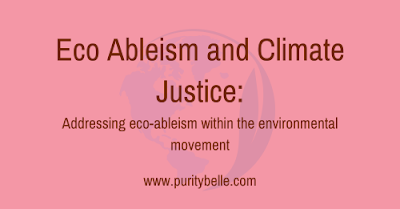Dialogue vs. Division, Moving Towards Cooperation.
- A deeply engrained belief in, or habit of operating from traditionally hierarchical structures.
- A social or cultural separation which consciously or unconsciously stratifies participants
- A situation where the structural grouping has remained static for a considerable period of time in terms of members.
My sense is that the first is perhaps less common now than in the past, as rigidly formal organisations have evolved to a more relaxed way of doing things. Nonetheless, there are still those who place a value on hierarchy and rely on superficial status definitions as the yardstick for engagement. This can be very limiting when it comes to approaching dialogic interactions in an open way.
The third is a difficulty because dialogue and engagement on issues have to be dynamic. Where organisations allow structures to become stagnant, the motivation to change dwindles until the forums become a ‘groundhog day’, jaded repetition of what has gone before. There is also a danger that new ideas or insights will be defeated or subsumed into the habits that have long been entrenched and that any kind of progressive change will be halted.
‘if people are to cooperate (i.e., literally to “work together”) they have to be able to create something in common, something that takes shape in their mutual discussions and actions, rather than something that is conveyed from one person who acts as an authority to the others, who act as passive instruments of this authority’. So speaking about common ground can build those relationships and engender positive interaction.
There is no doubt in my mind that
open dialogue is the best way to interact, both in institutions and
organisations. According to Dryzek ‘for
problems of any degree of complexity, the relevant knowledge cannot be
centralized in the hands of any individual of any administrative state
structure. Thus problem solving should
be a flexible process involving many voices, and cooperation across a plurality
of perspectives’. (Dryzek, The Politics of the Earth, 2013, p. 100.)
It is the 'many voices aspect' and the dynamism ('the quality of being characterized by vigorous activity and progress') which make deliberative dialogue a key factor in creating social change. Deliberation and dialogue, in a democratic setting, can push progress and action forward more quickly than hierarchical 'top down' decision making models. According to James A. Fishkin (When the People Speak, Deliberative Democracy and Public Consultation):
'Democratic deliberation is about questions of collective political will - about what should be done. It is about arriving at views that represent collective, informed consent'.
It's the 'collective consent' that is key - it can be difficult to reach consensus in decision making processes but dialogue allows for that breaking down of barriers and preconceptions and makes the space for difference, essentially creating something new out of disparate perspectives without any of the participants 'losing' anything of who they are. This is likely to lead to a much more positive and full acceptance of change and progress. Implementing dialogue as a fundamental part of decision making processes can be done at so many levels, both local and national, in small and large groups and any type of organisation and it is my belief that creating that dialogue 'habit' can only lead to better things.





